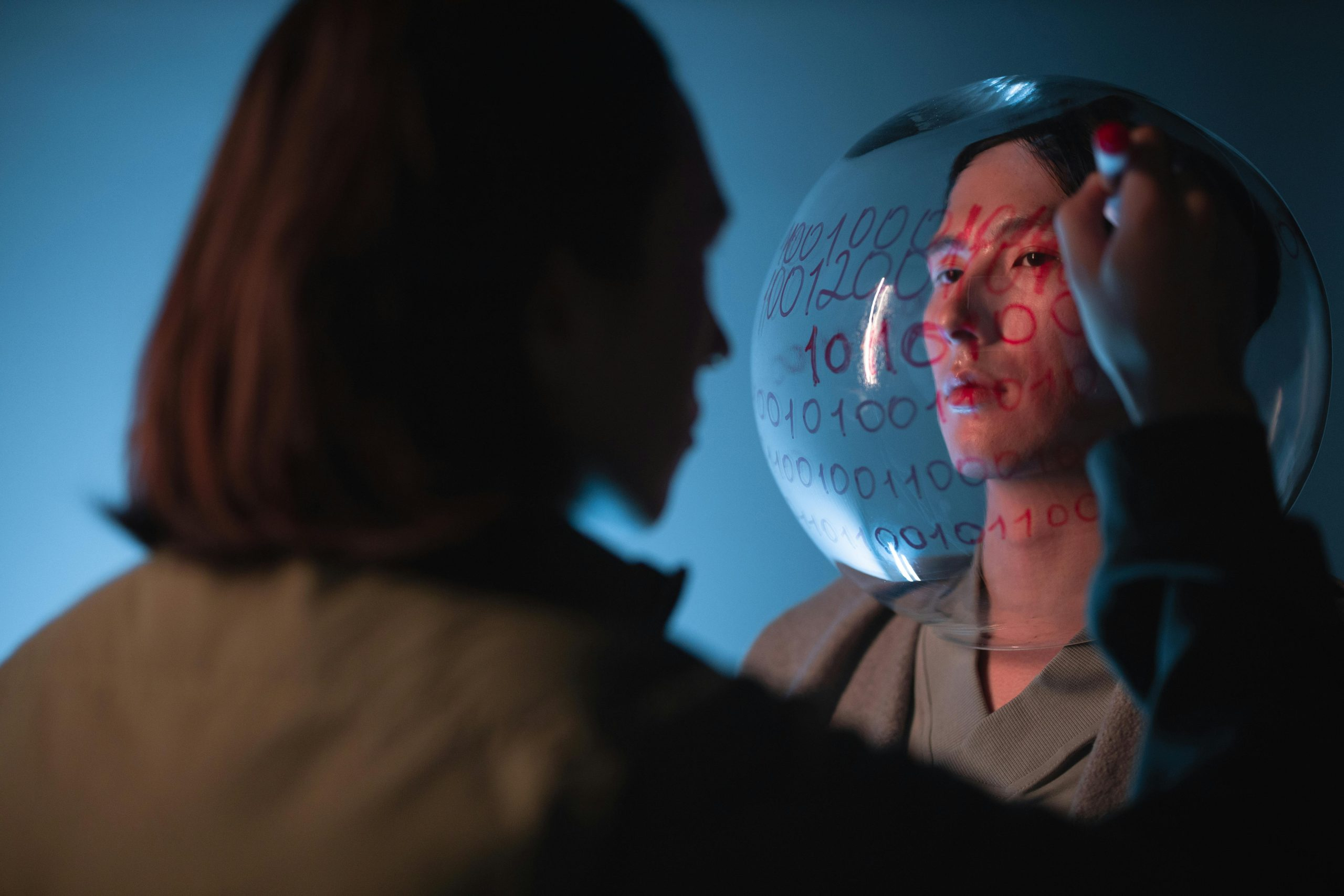Why the future of fashion is transparent and traceable
The fashion industry has long been filled with glamor and allure, with designers creating beautifully crafted garments that we can’t wait to get our hands on. However, in recent years, there has been a significant shift towards a more transparent and traceable fashion industry. Consumers are becoming more conscious of the impact of their purchasing choices, and they are demanding a more ethical and sustainable approach to fashion. This demand for transparency and traceability is not just a trend, but it is the future of the fashion industry. In this article, we will explore why the future of fashion is transparent and traceable.
The unethical practices of the fashion industry
The fashion industry has a dark side that is often hidden from the eyes of consumers. Fast fashion, the mass production of low-cost clothing, has led to exploitative labor practices and environmental degradation. Many of the clothes we buy are made in sweatshops, where workers are paid low wages and forced to work in unsafe conditions. Moreover, the overproduction and overconsumption of clothing have also led to a massive amount of textile waste, which is harmful to the environment.
All these unethical practices have led to a growing awareness among consumers, and they are now demanding more transparency and traceability from fashion brands. They want to know where their clothes are coming from, how they are made, and who is making them.
What is meant by transparent and traceable fashion?
Transparent and traceable fashion means that every step of the supply chain is visible to consumers. From the sourcing of raw materials to the production, packaging, and transportation of the final product, everything is made public. It also includes information about the people involved in the process, such as the workers and their working conditions. Traceability, on the other hand, means tracking the journey of a garment from the raw material stage to the point of sale. This allows consumers to know the origins of their clothes and ensure that they are produced ethically and sustainably.
The benefits of transparent and traceable fashion
1. Promotes ethical and sustainable fashion
Transparent and traceable fashion allows consumers to make more informed purchasing decisions. They can choose to support brands that follow ethical and sustainable practices and avoid those that don’t. This creates a sense of accountability for fashion brands, and they are more likely to adopt more responsible practices when their customers demand it.
2. Empowers workers
With transparency and traceability, consumers can see where their clothes are made and by whom. This puts pressure on fashion brands to ensure that their workers are treated fairly and paid a living wage. It also allows consumers to support brands that prioritize workers’ rights and well-being.
3. Reduces environmental impact
The fashion industry is the second-largest polluter in the world, with massive amounts of waste generated every year. Transparent and traceable fashion can help reduce the environmental impact of the industry. By knowing the sources of raw materials and the production process, consumers can choose brands that use sustainable materials and production methods. This can lead to a decrease in waste and pollution.
The future of fashion is transparent and traceable
With consumers becoming more aware and concerned about the impact of their clothing choices, the future of fashion is undoubtedly transparent and traceable. This is not just a passing trend, but rather a shift towards a more responsible and sustainable industry. Many fashion brands have already taken steps towards transparency and traceability, and it is expected that more will follow suit in the coming years.
In conclusion, the fashion industry is evolving, and transparency and traceability are becoming the norm. Consumers are demanding a more ethical and sustainable approach to fashion, and fashion brands must adapt to meet this demand. The future of fashion lies in transparency and traceability, and it is a positive step towards a more responsible and conscious industry. As consumers, we have the power to drive this change by supporting and demanding transparent and traceable fashion. Let’s do our part to create a better future for both the fashion industry and the planet.










